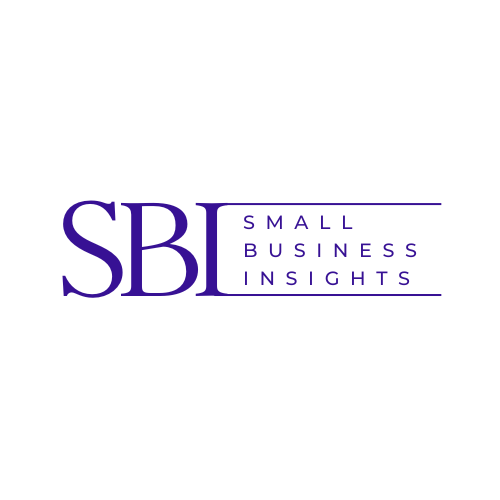
Many small business owners start organizing tax information as the year winds down. Filing a tax return can be the most dreaded task of any business owner. It’s easy to procrastinate on tax planning and often is ignored until time to file returns.
Timing is everything when it comes to tax planning. Use the time left in your fourth quarter wisely to see where you could keep some of your hard-earned money and use it for the benefit of your business instead of Uncle Sam.
1 – Pay Ahead for Next Year’s Services
You probably pay for several services in your businesses that have monthly or annual payments. Typically these can include expenses such as dues for professional memberships, rent, business insurance, and subscription services. Look at other fixed costs you can pay ahead.
2 – Increase Supply Inventory
Another easy way to lower your tax burden is to increase your deductions for supplies used in your business. Purchase some office supplies or other supplies you regularly use. You can also purchase inventory items used for sales or production. If additional spending for expenses won’t drain your cash, try to buy enough in bulk and get a discount.
3 – Invest in New Equipment
Do you need some updated equipment for your business? Year-end is a great time to buy what you need and take advantage of the current depreciation allowances. In some cases, you could write off the entire cost of the equipment!
4 – Impair Obsolete Equipment or Inventory
Any unused, outdated, or damaged equipment still considered an asset should be written off. The same rule applies to inventory. Write down any inventory you know will no longer be used to generate revenue for your business.
5 – Write Off Bad Debt
You may have clients or customers who have owed you money for six months or longer. If you don’t expect to receive any payments from delinquent accounts, write them off as bad debt before year-end. The effect of writing off the debt is a reduction in your revenues. (Bad debt write-offs only apply to accrual-based accounting.)
6 – Give a Bonus or Gift to Employees
If your small business has had a great year, show your employees appreciation by giving them a gift or bonus. It’s a great way to claim an additional tax deduction and show employees some appreciation simultaneously. With the year-end holidays approaching, it’s an excellent time to throw a celebration too!
7 – Plan Timing of Year-End Income or Expenses
This strategy requires more thoughtful planning and advice from your accountant.
Timing Income. As the year comes to a close, your business may choose to claim income this year or defer income until early next year. If your revenue is high and you want to reduce your taxable income, an option may be to push some revenue into next year. If sales are slow this year and you expect higher revenues next year, you could claim additional income. Claiming more income in the current year may help reduce next year’s tax liability.
Timing Expenses. Your small business may have the luxury to determine when you can expense certain items to receive the best tax benefit. There are three simple questions to help you decide the right timing:
- Do you expect your profit to be higher this year or next year? Consider waiting to purchase expensive items if you will need higher deductions the following year to reduce tax on higher expected revenues.
- Will the cost for the expense be higher this year or next year? Is it more beneficial to pay less this year to help cash flow? Will you need a larger tax deduction next year and benefit more from a lower tax bill?
- Are tax rates expected to increase next year? Again, think about what would be more helpful to reduce your tax liability. You may need higher deductions next year to offset increased tax rates.

Thoughts to Consider
Always keep in mind how the suggestions above could impact your cash flow. Make sure deferring or accelerating revenues and expenses won’t interfere with the cash required to keep your business running as planned.
Update your business forecast with these new tax strategies to ensure you stay on the right path for your business goals. Don’t forget to deduct tax estimates and payments from your cash forecast!
As always, speak with your CPA or tax advisor for guidance on the best tax strategy for your small business.
Need help with your cash projections? Email [email protected] today, and let’s start the conversation!
